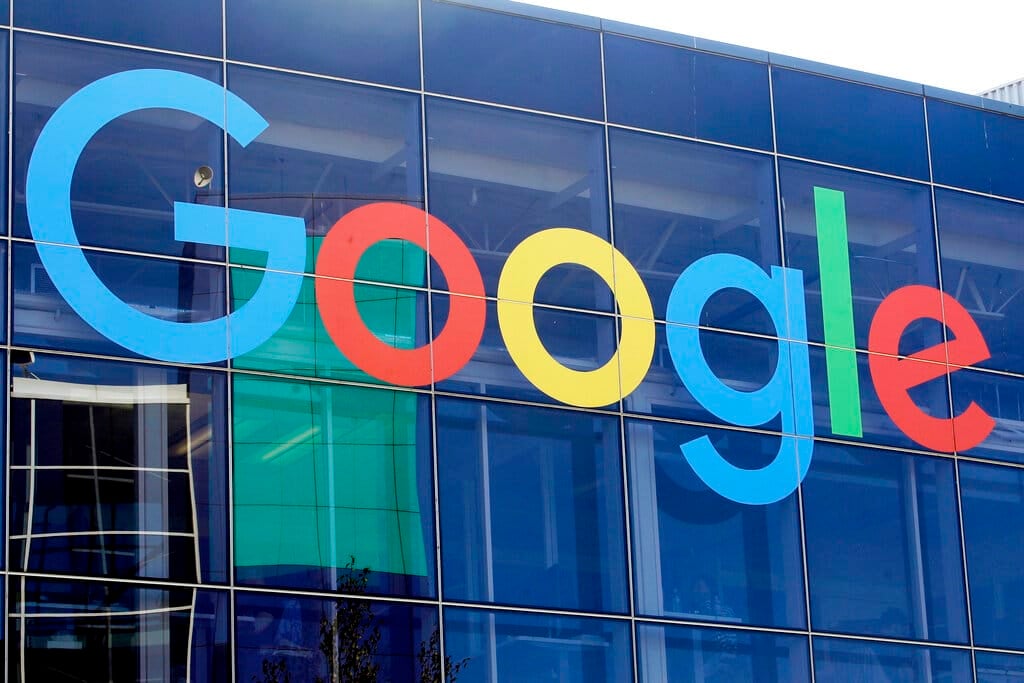Court Lets Texas Take Over Antitrust Lawsuit Against Google

NEW YORK — A federal appeals court agreed Wednesday that an attorney general’s antitrust lawsuit against internet giant Google can be tried in Texas instead of New York.
Texas is one of 10 states in the lawsuit that accuses Google of monopolizing digital advertising technology.
Google wanted to keep the lawsuit in New York, where the company faces similar lawsuits from advertisers and publishers. They say Google uses its enormous online presence to engage in unfair trade practices.
Google said separate rulings in New York and Texas could result in inconsistent court opinions, possibly creating confusion over how to apply relevant trade laws.
Google generates about 28.6% of digital advertising revenue in the United States and is the largest digital ad publisher, according to the online data firm Statista. Facebook and Amazon followed as second and third biggest.
A key issue in the Texas lawsuit is the technology Google uses to place advertisements on third-party websites. The Texas attorney general says Google uses it to win ad auctions even when competitors bid higher, with the result that online publishers are sometimes overcharged for ads.
The lawsuit also says Google colluded with Facebook to shut out advertising competitors. “As internal Google documents reveal, Google sought to kill competition and has done so through an array of exclusionary tactics, including an unlawful agreement with Facebook, its largest potential competitive threat,” the lawsuit says.
Google calls the lawsuit “meritless.” A Google statement added, “Google’s ad tech fees are lower than the industry average. These are the hallmarks of a highly competitive industry.”
The 2nd Circuit’s ruling Wednesday relied on federal law that gives states discretion over the venue for antitrust lawsuits. The court said Google “has not demonstrated that exceptional circumstances warrant the requested relief” of keeping the lawsuit in New York.
Google faces other antitrust lawsuits in Washington, D.C., and in Virginia.
The case is the State of Texas et al. v. Google LLC.
You can reach us at [email protected] and follow us on Facebook and Twitter
























